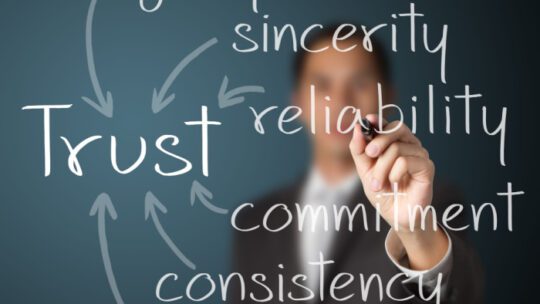
As Crisis Insider readers know, there’s nothing better than a heavily filled trust bank to help stanch the worst reputation hits from a PR crisis. Still, trust remains a nebulous concept. Certainly, we’ve reported on companies that claim they can measure trust. Still, they all have one thing in common: the particular metrics that constitute each company’s version of trust remain a tightly guarded secret.
Still, we move ahead, continuing to swim in the pool of trust measurement. For instance, earlier this month a new edition of a survey from Ipsos, its 2022 Trustworthiness Index, provides more evidence that measurement and data are critical parts of communication. Until you measure, you’re merely guessing.
It was so in the fifth edition of this yearly survey that examines trust in professions across 28 countries. The survey polled 21,515 adults younger than 75 between May 27 and June 10.
You might guess doctors and scientists, perennial most-trusted occupations in the poll, could take a hit in COVID’s wake.
On the other hand, perhaps COVID bolstered trust in doctors and scientists.
Indeed, the survey found only slight variations in year vs year global public trust for doctors and scientists. On average across 28 countries, 59% of adults viewed doctors as trustworthy, while 57% found scientists so. Coming in a close third were teachers (52%).
Though globally doctors were down only slightly, perception of them in the U.S., while strong at 60%, was off 10 points vs 2021. Only five countries had a larger decline for doctors (Hungary, Poland, Italy, Turkey and Malaysia).
TV news anchors had a global trust average of 28%, with journalists registering 25%.
Not surprisingly, politicians are at the other end of the trust scale. “Politicians in general” had a trust percentage of just 12, though cabinet officials were a notch higher, at 16%. The two political occupations were the only entries that ad executives, at 18%, bested.

